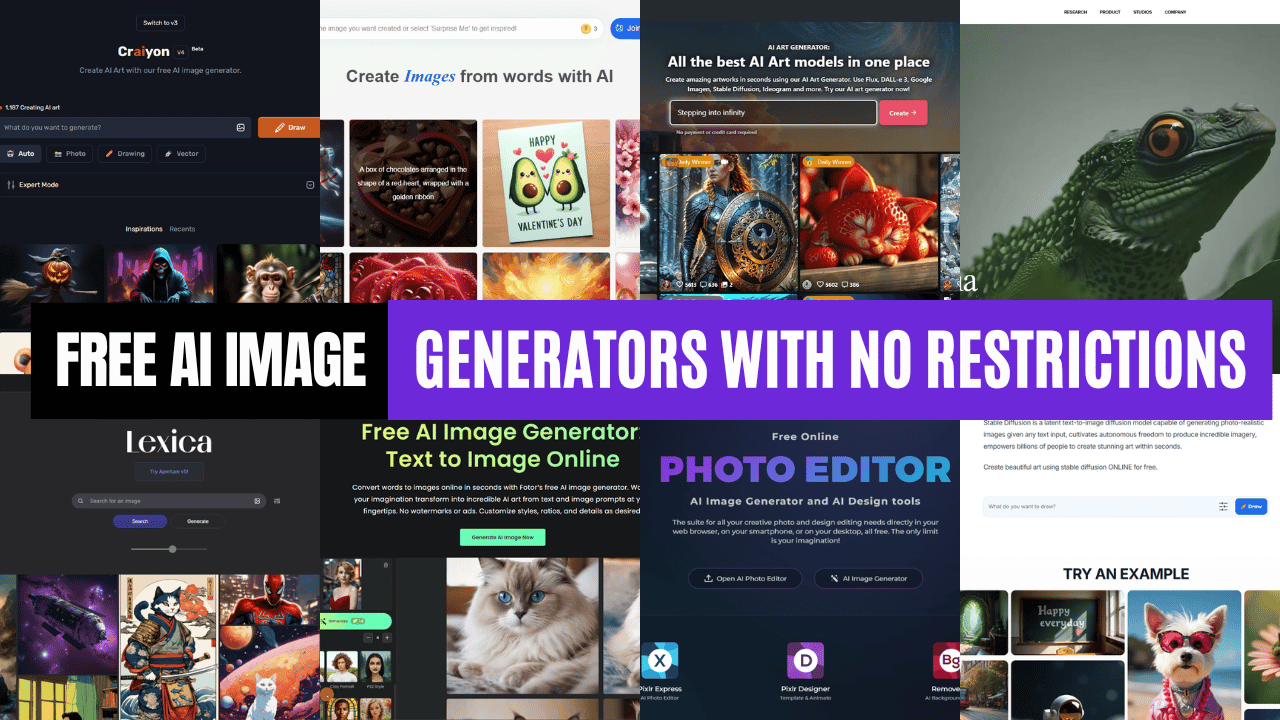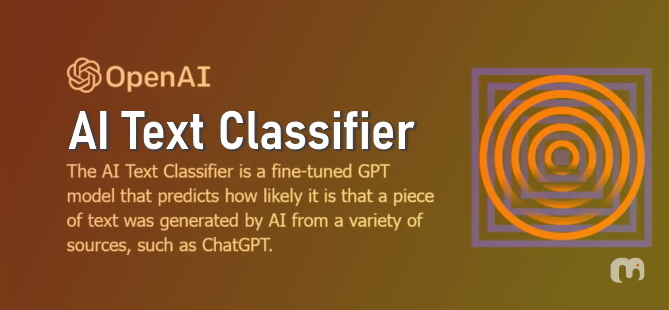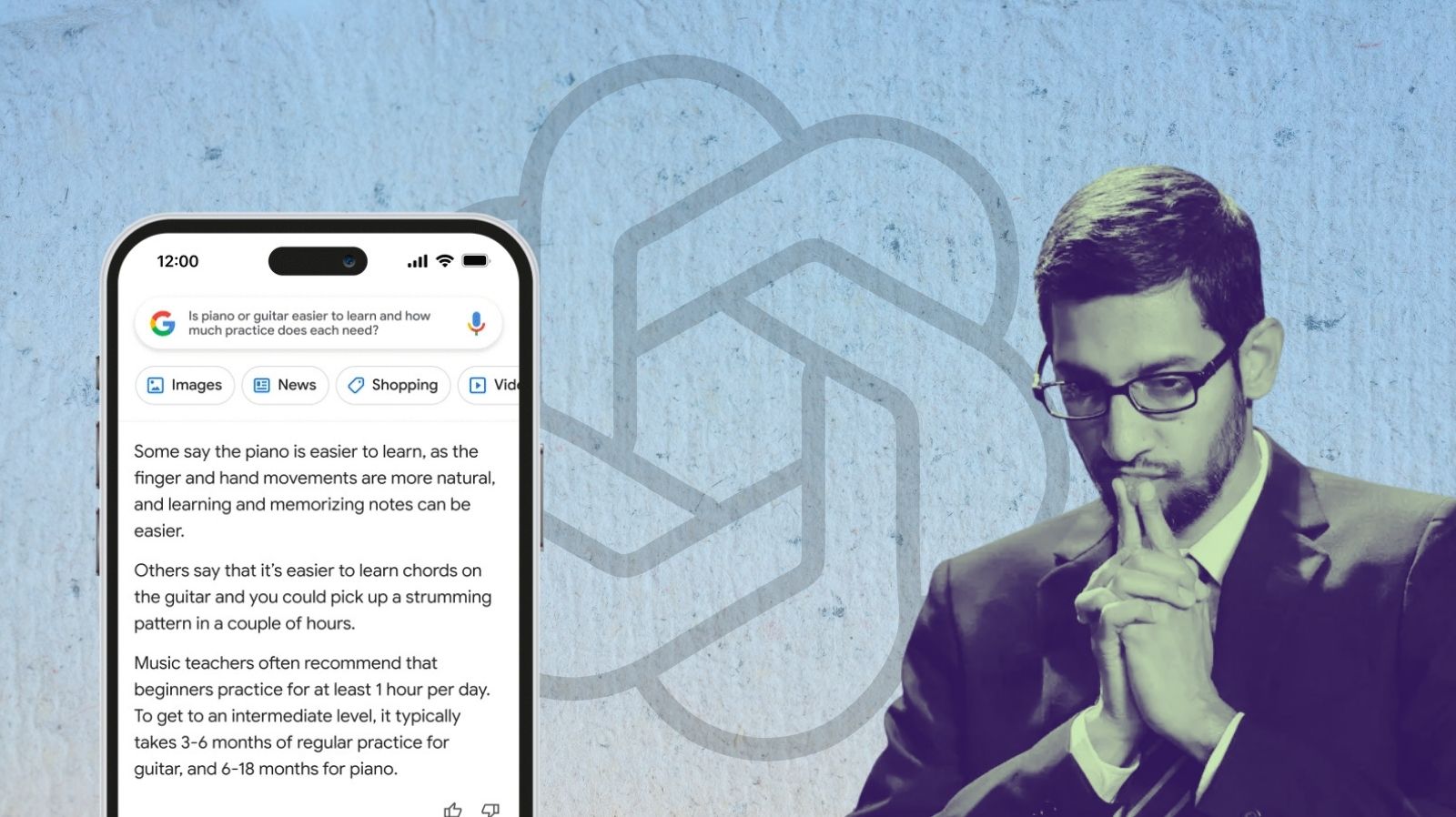ChatGPT's New Image Generator Faces Backlash for 'Sexy Men' Bug
OpenAI recently introduced an image generator for ChatGPT that stirred up controversy due to a peculiar bug. Users discovered that while it could create images of "sexy men," it adamantly refused to generate images of "sexy women."
Controversy and Response
The issue was first brought to light by an X user, who specializes in creative coding. The user noticed the discrepancy shortly after the feature was launched, allowing users to create detailed images based on descriptive prompts.

Indie software engineer Nick Dobos shared a screenshot of ChatGPT's response on X, where the AI explained that the distinction stemmed from concerns surrounding sexualization and objectification, especially regarding women. OpenAI CEO Sam Altman promptly responded, admitting the mistake and assuring users that they were working on fixing the bug. Adding a touch of humor, Altman quipped, "Hot guy though!"
Challenges in AI Content Creation
Business Insider tested the image generator and found that while it struggled with generating an image of a "hot woman," it could create one when specifically requested. This disparity underscores the complexities of moderating AI-generated content, where nuances of context and ethical boundaries play crucial roles.

ChatGPT's image generator also imposes restrictions on creating images of real individuals. When attempting to generate an image of Sam Altman, Business Insider was informed that an exact likeness could not be used, but a "character drawn from his attributes with a personalized, creative reinterpretation" could be created.
Guidelines and Privacy Concerns
OpenAI has outlined strict guidelines regarding requests involving actual people, particularly concerning nudity and graphic content. The company clarified that public figures may be depicted in educational, historical, and satirical contexts but retain the right to opt out of being featured in AI-generated content.

In an effort to balance freedom of expression and individual privacy, OpenAI confirmed that public personalities can request exemption from having their likeness used in AI-generated content. This approach aims to navigate the evolving landscape of AI content creation, where considerations of consent and privacy are becoming increasingly crucial.
Stay Updated
For more insightful articles like this, don't forget to sign up for our free newsletter for the latest coverage!




















